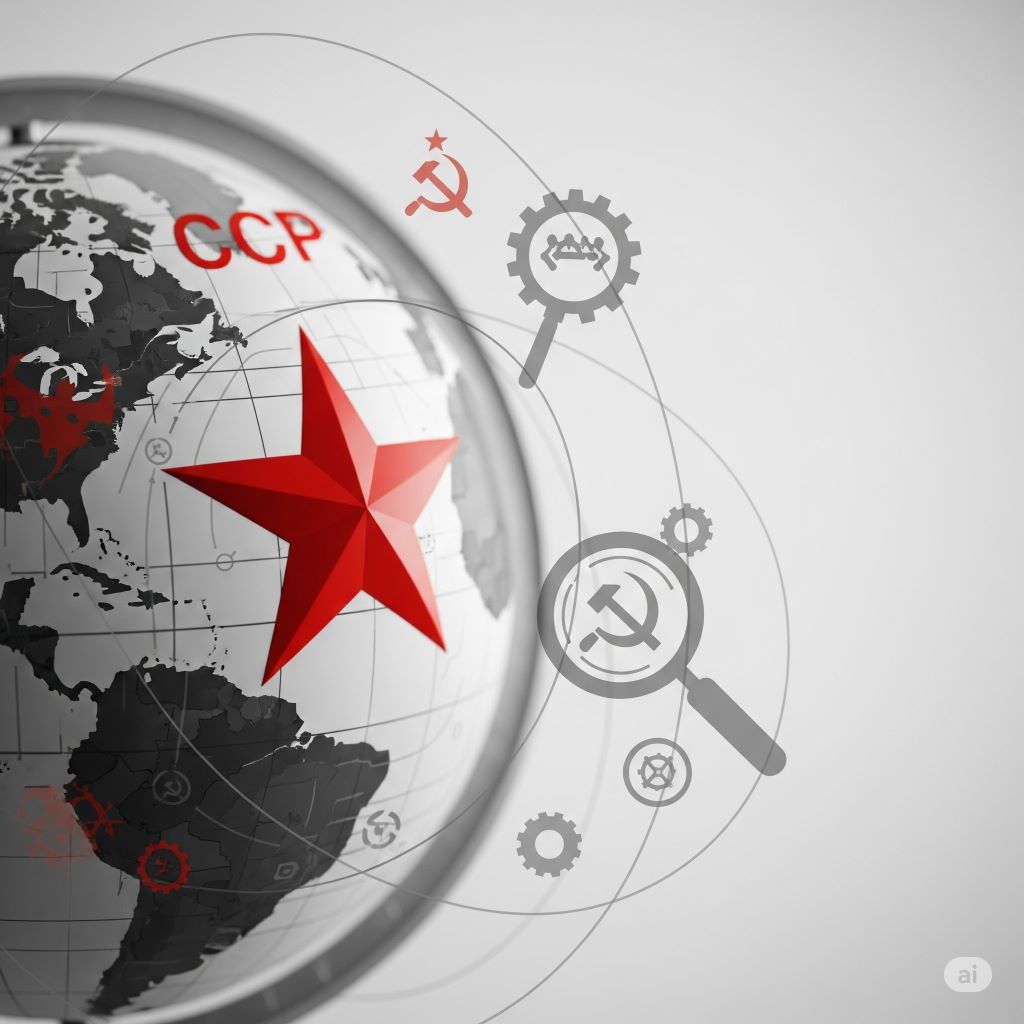Project Title:
The Chinese Communist Party as a Unique Case in the History of Global Communism: Origins, Structure, and Impact
Project Summary:
This research project, initiated by the Reasoning Research Institute (问道研究所), aims to conduct a comprehensive, interdisciplinary study of the Chinese Communist Party (CCP) as a historically unique manifestation of the global communist movement. While Soviet-style regimes across Europe collapsed in the late 20th century, the CCP not only survived but reasserted itself as a dominant political force, with global ambitions and a hybrid ideology blending Marxism-Leninism, nationalism, and authoritarian capitalism. The project seeks to explore the ideological foundations, organizational characteristics, leadership culture, historical trajectory, and social impact of the CCP, with special attention to its post-1989 evolution and resilience mechanisms.
Background & Significance:
Most communist regimes in the 20th century followed a similar pattern of rise and fall, rooted in class struggle rhetoric, centralized control, and eventual stagnation. The CCP diverges from this pattern in both form and function. Since the collapse of the USSR and Eastern Bloc, many scholars have viewed the CCP as an “anomaly” or “survivor state,” yet its continued presence—now as the ruling power of the world’s second-largest economy—demands deeper scrutiny.
This study positions the CCP not merely as a national actor but as an enduring and adaptive force within the historical continuum of communism, with a profound influence on global governance models, digital authoritarianism, elite formation, and ideological revivalism.
Key Research Questions:
- What core features distinguish the CCP from other communist parties historically?
- How has the CCP evolved ideologically and institutionally since the 1949 founding of the PRC?
- In what ways has the CCP redefined Marxist doctrine to fit Chinese statecraft and modern challenges?
- What internal mechanisms have enabled its survival where others collapsed?
- How does the CCP influence global politics, culture, and civil society through transnational networks?
Research Scope and Methodology:
- Historical Analysis: Examination of archival documents, party publications, and internal speeches (when accessible) from the Mao, Deng, Jiang, Hu, and Xi eras.
- Comparative Politics: Contrasting the CCP with other communist parties (e.g., CPSU, Vietnamese CP, Cuban CP).
- Digital and Media Studies: Analyzing propaganda strategies, global disinformation efforts, and internal surveillance models.
- Elite and Organizational Studies: Mapping the evolution of CCP leadership selection, factionalism, and power consolidation.
- Field-based Interviews and Diaspora Data (where applicable): Collecting testimonies from defectors, ex-officials, and diaspora communities.
Expected Outputs:
- Academic monograph and peer-reviewed articles
- A digital archive or database on CCP ideological and structural evolution
- Comparative governance index (e.g., “Post-Communist Regime Resilience Index”)
- Public policy briefings and international seminars
- Documentary or visual timeline (optional)
Potential Partners and Collaborators:
- Fairbank Center for Chinese Studies, Harvard University
- Mercator Institute for China Studies (MERICS)
- UC San Diego China Data Lab
- Central Research Institute of Modern History (Academia Sinica, Taiwan)
- ASPI and CSIS (for policy and security implications)
Project Duration:
24–36 months
Estimated Budget:
$250,000–$500,000 USD
Research Institution:
Reasoning Research Institute (问道研究所)
Principal Investigator:
Prof. Li
Contact Email: contact@reresearch.org




